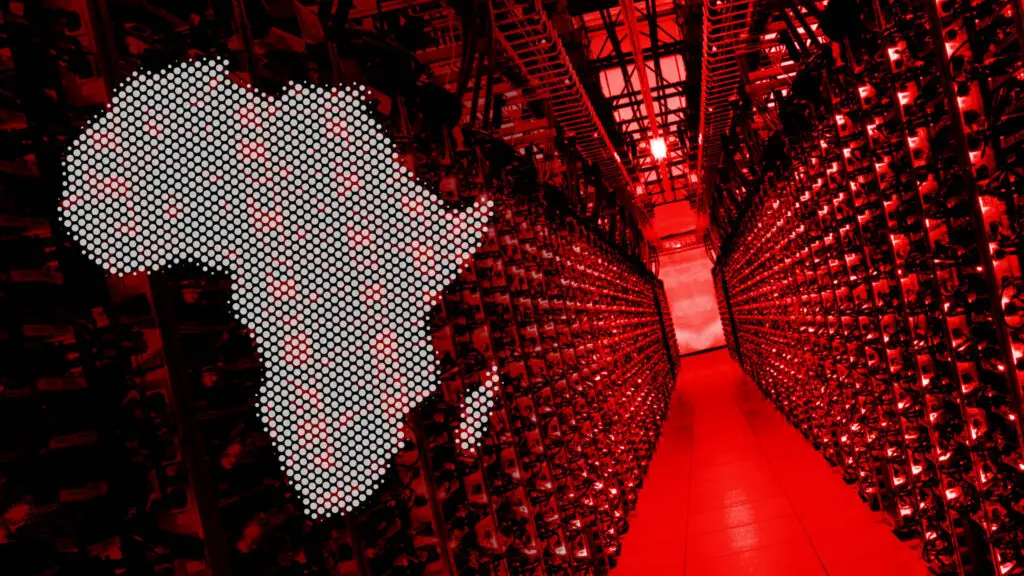The most extensive data centre operators worldwide are racing to buy and build capacity in Africa.
A data centre is an extensive network of computer servers commonly used by organizations for remote processing, storage, or distribution of large data compilations.
Modor Intelligence expects that the data centre services markets, valued at US$48.90 billion in 2020, will rise to over US$105.6 billion by 2026.
[elementor-template id="94265"]











